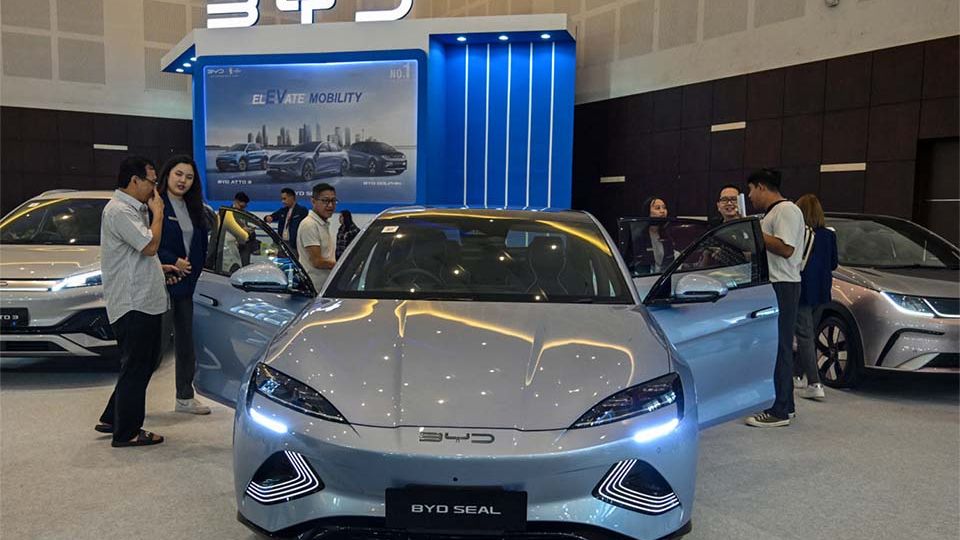July 5, 2024
JAKARTA – Not a day goes by without stories about the “flood” of products from China and calls for protective trade barriers in response. Indonesia is no different in this regard to the United States or Europe. The only difference is the types of products we fear.
The US recently slapped new exorbitant import duties on Chinese solar panels, batteries and electric vehicles (EVs), in addition to the host of other goods already subject to various measures. The EU soon followed suit with an anti-Chinese EV tariffs of its own, though car-making giant Germany is having second thoughts.
And now Indonesia plans duties of 100 to 200 percent on various goods from China, most notably clothing and textile products.
Echoing claims from Washington and Brussels, Jakarta has explained the move with the need to “protect local businesses” against “oversupply” from China.
Luckily, China has not hit back. Not yet, anyway, but nobody knows how long Beijing will sit patiently.
All the while, a hapless World Trade Organization looks on as governments angrily chip away at the principles of free trade. The old proponents of the concept would be shocked to the core. Adam Smith, are you seeing this?
The Indonesian Importers Association (GINSI) has expressed alarm at the planned measures, which is unsurprising, but it still has a valid point in warning that such punishing tariffs encourage smuggling.
More importantly though, GINSI chairman Subandi is right when he suggests the government assess the competitiveness of domestic industries and that it is necessary to study “why our products are more expensive, which leads to people choosing cheaper imported products.”
There is no denying that Indonesian manufacturing has seen better days.
Gross fixed capital formation in the country has lagged behind overall economic growth in recent years. The share of manufacturing to overall gross domestic product (GDP) has been on a declining trend, pointing to a gradual deinstrustrialization of the economy.
The mood on factory floors must be bitter as the manufacturing purchasing managers’ index (PMI) dropped to a 13-month low of 50.7 in June, according to data published by S&P Global on Monday.
The Industry Ministry seized on the PMI report to rationalize its protectionist instincts, with a spokesman saying the industrial sector was “in an alarming condition right now”.
But is it not the Industry Ministry’s job to make sure the sector is strong and healthy?
The ministry’s assessment cannot just stop at blaming imports for the plight of local producers but must extend to identifying shortcomings within the country.
Passing the buck to the Trade Ministry solves nothing. When panicked industrialists approach it to lament the “flood of imports” from China, the ministry needs to tell them to get their act together, and then help them do that.
Yes, regulations will need to change for that, including regulations under other ministries, but such changes must be directed at making local producers more competitive. Protective trade barriers make nobody more competitive. Quite the contrary, they remove the need to be competitive.
That is not to say there is never a good reason for trade barriers. There are all sorts of good reasons, including an influx of products from another country if there is credible evidence of unfair subsidies or dumping.
But let us be honest here. Many of our manufacturers are not competitive and would fail to hold their own against Chinese rivals even under the fairest of circumstances.
Import duties can buy us time, but we must use that time to build up domestic capacity by improving logistics, manpower and supply chains, and also by making sure our manufacturers can import what they need to grow strong.
This will, of course, require a lot of investment. The government announced last week that Indonesian, Chinese and Singaporean investors were keen to build textile factories in Indonesia that would employ tens of thousands of people.
Who says we cannot become competitive?


